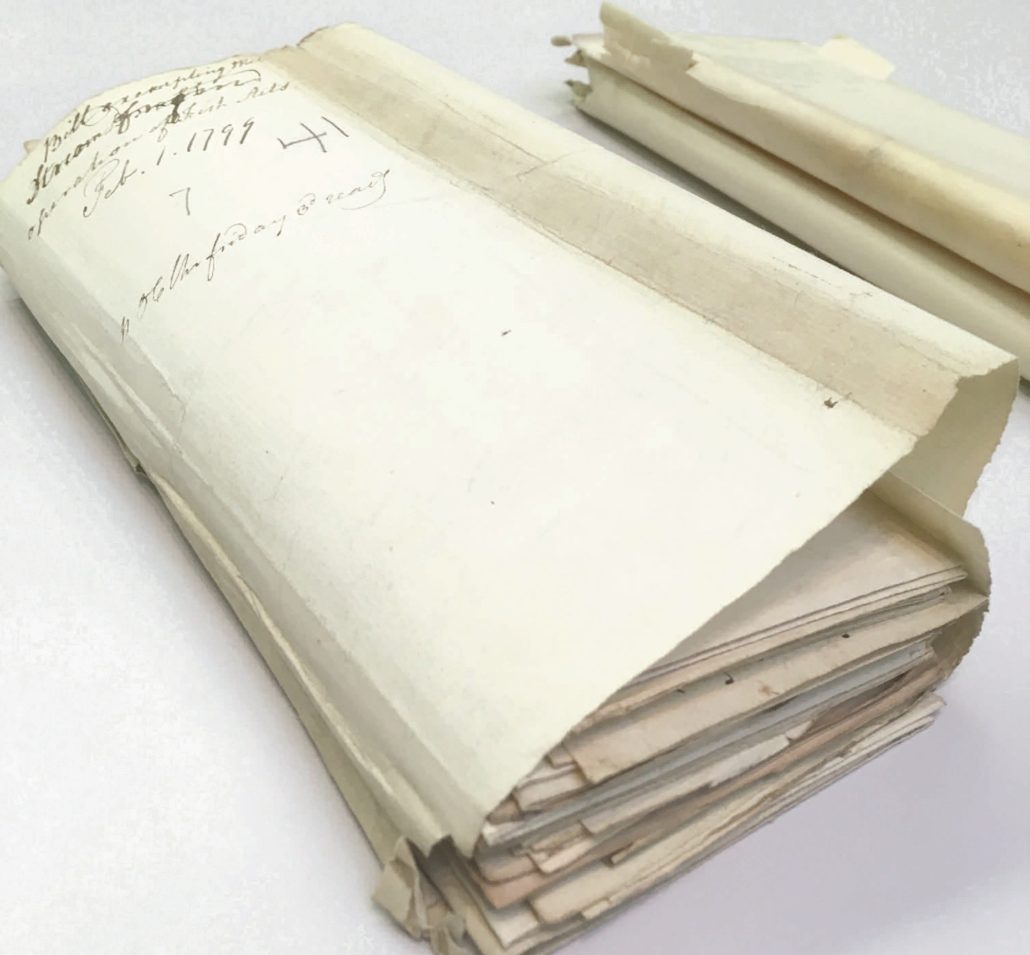Friday, June 2
9 a.m., harassment complaint, Village Rd.
Saturday, June 3
4:30 p.m., property check, Neck Rd.
4:45 p.m., property check, Old Waterville Rd.
5:10 p.m., business check, Lakeview Dr.
5:30 p.m., business check, Dunton Rd.
6 p.m., property check, Thurston Rd.
6:50 p.m., radar detail, Dirigo Rd.
8:10 p.m., business check, Vassalboro Rd.
Monday, June 5
9 a.m., traffic complaint, Weeks Mills Rd.
Friday, June 9
2:20 p.m., assist Rescue, Tyler Rd.
2:45 p.m., property dispute, Village Rd.
3:15 p.m., property check, South China boat landing
3:30 p.m., radar detail, Vassalboro Rd.
5:10 p.m., business check, Vassalboro Rd.
5:20 p.m., business check, Rte. 3.
5:30 p.m., business check, Rte. 3.
6:05 p.m., property check, Branch Mills Rd.
Sunday, June 11
8 a.m., animal complaint, Bog Rd.
Wednesday, June 14
2 p.m., civil dispute, Nana’s Way.
Thursday, June 15
3 p.m., hit and run complaint, Windsor Road.
Friday, June 16
8:30 p.m., neighborhood dispute, Colwell Boulevard.
Saturday, June 17
4 p.m., traffic stop, Aldere Park Road, warning for registration violation.
4:15 p.m., traffic stop, Dirigo Road, speeding warning.
5:10 p.m., traffic stop Dirigo Road, warning for inspection violation.
5:30 p.m., traffic stop, Weeks Mills Road, warning for stop sign violation.
7 p.m., property check, Neck Road
7:20 p.m., property check, Old Waterville Road.
Monday, June 19
4:40 p.m., traffic stop Rte. 3, warning for inspection violation.
4:58 p.m., traffic stop, Lakeview Drive, speeding warning.
5 p.m., business check, Rte. 3.
5:45 p.m., business check, Lakeview Dr.
5:55 p.m., property check, Causeway Road
6:30 p.m., property check, Nana’s Way
6:45 p.m., intoxicated male, Causeway Road. Warning for disorderly conduct, transported home.
Wednesday, June 21
10 a.m., criminal mischief, Main Street.
Friday, June 23
4:40 p.m., traffic stop, Rte. 3, speeding warning.
4:51 p.m., traffic stop, Rte. 3, speeding warning.
5:04 p.m., traffic stop, Rte. 3, speeding warning.
5:30 p.m., traffic stop, Lakeview Drive, summons for speeding.
5:45 p.m., traffic stop, Lakeview Drive, warning for expired inspection sticker.
6:17 p.m., trespass by motor vehicle complaint, Old Waterville Road.
6:45 p.m., traffic complaint, Cross Road.
Saturday, June 24
6 p.m., civil dispute, Nana’s Way.
Sunday, June 25
12:15 p.m., neighborhood dispute over unsafe gunfire, Fire Road 54.
Wednesday, June 28
4 p.m., suspicious vehicle, Main Street.
4:30 p.m., traffic complaint, Causeway Road.
Friday, June 30
2 p.m., traffic complaint, South Road.
3:55 p.m., traffic complaint, Neck Road.














